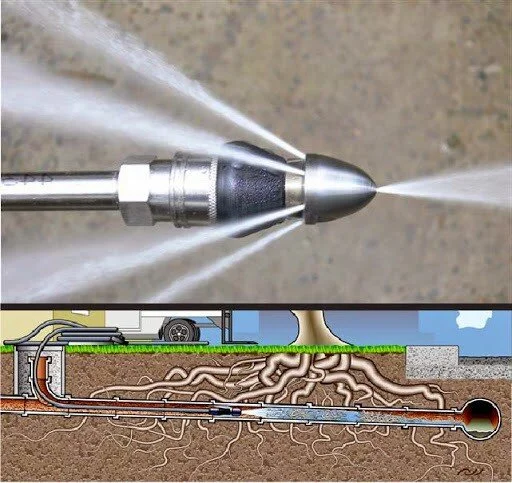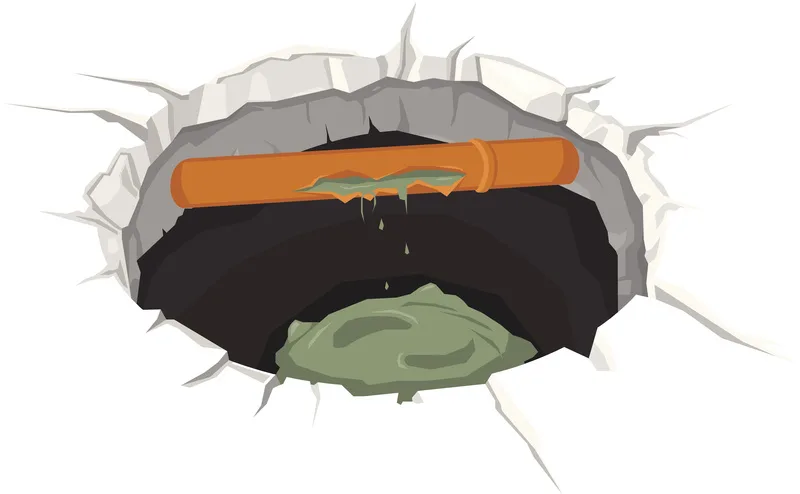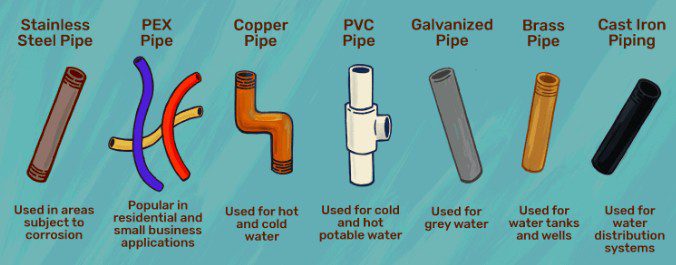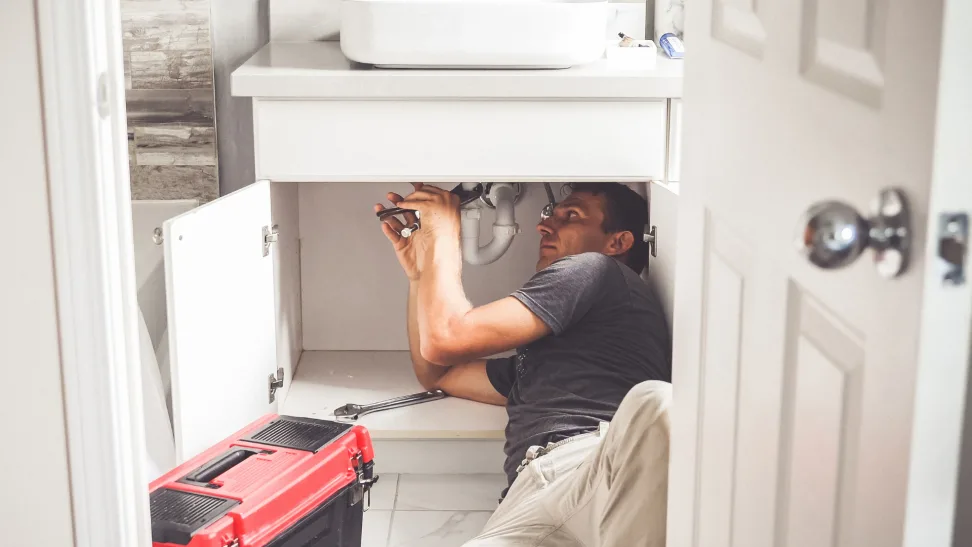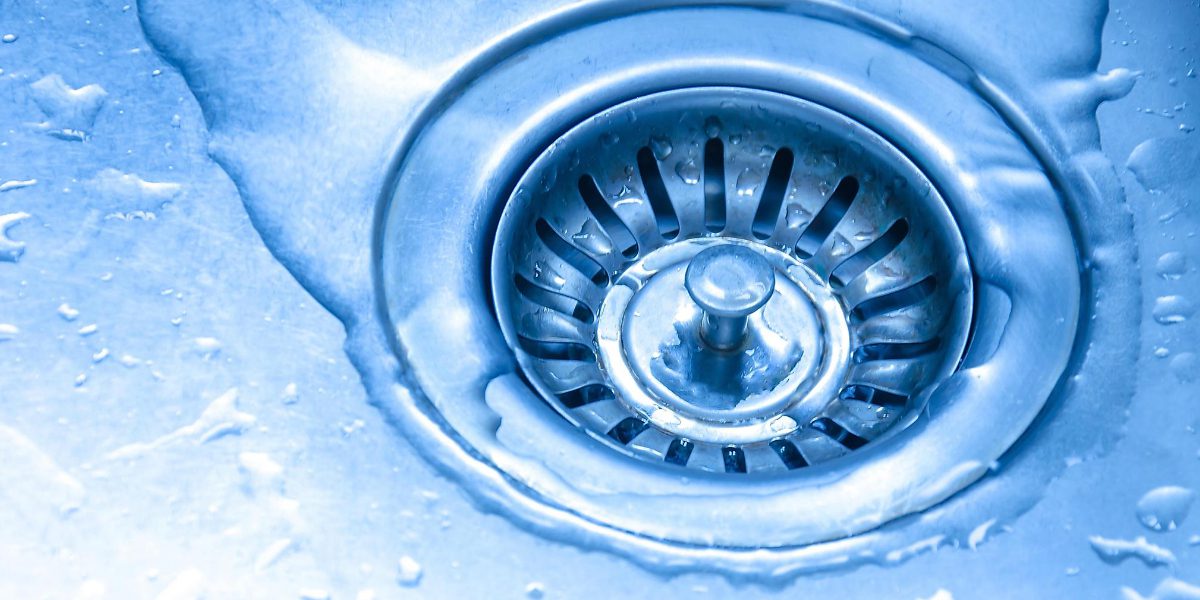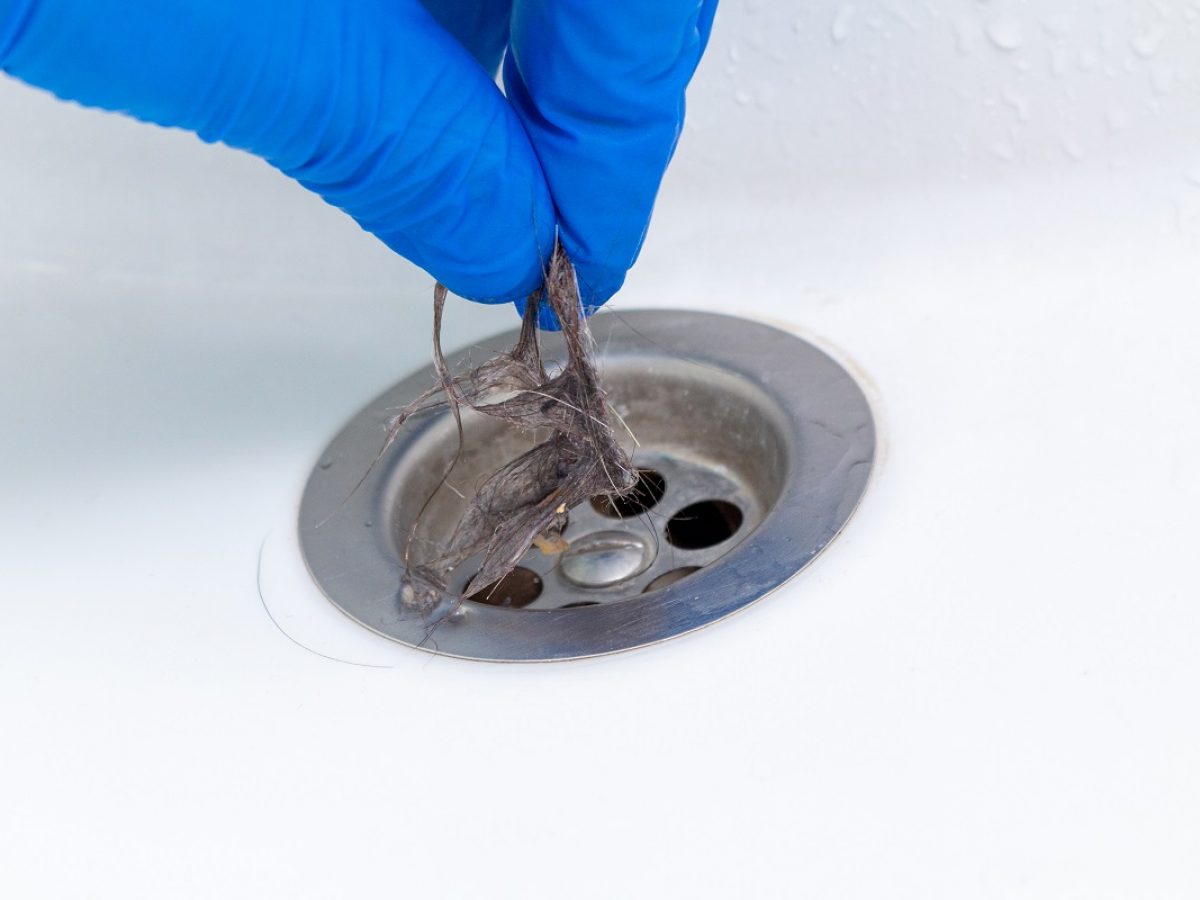How to Detect and Fix Water Leaks in Your Home
How to Detect and Fix Water Leaks in Your Home
Water leaks in your home can lead to not only wasted resources but also potential damage to your property. Detecting and fixing water leaks promptly is crucial to avoid costly repairs and conserve water. In this comprehensive guide, we will walk you through the steps to effectively detect and fix water leaks in your home, ensuring the longevity of your plumbing system and the preservation of this precious resource.
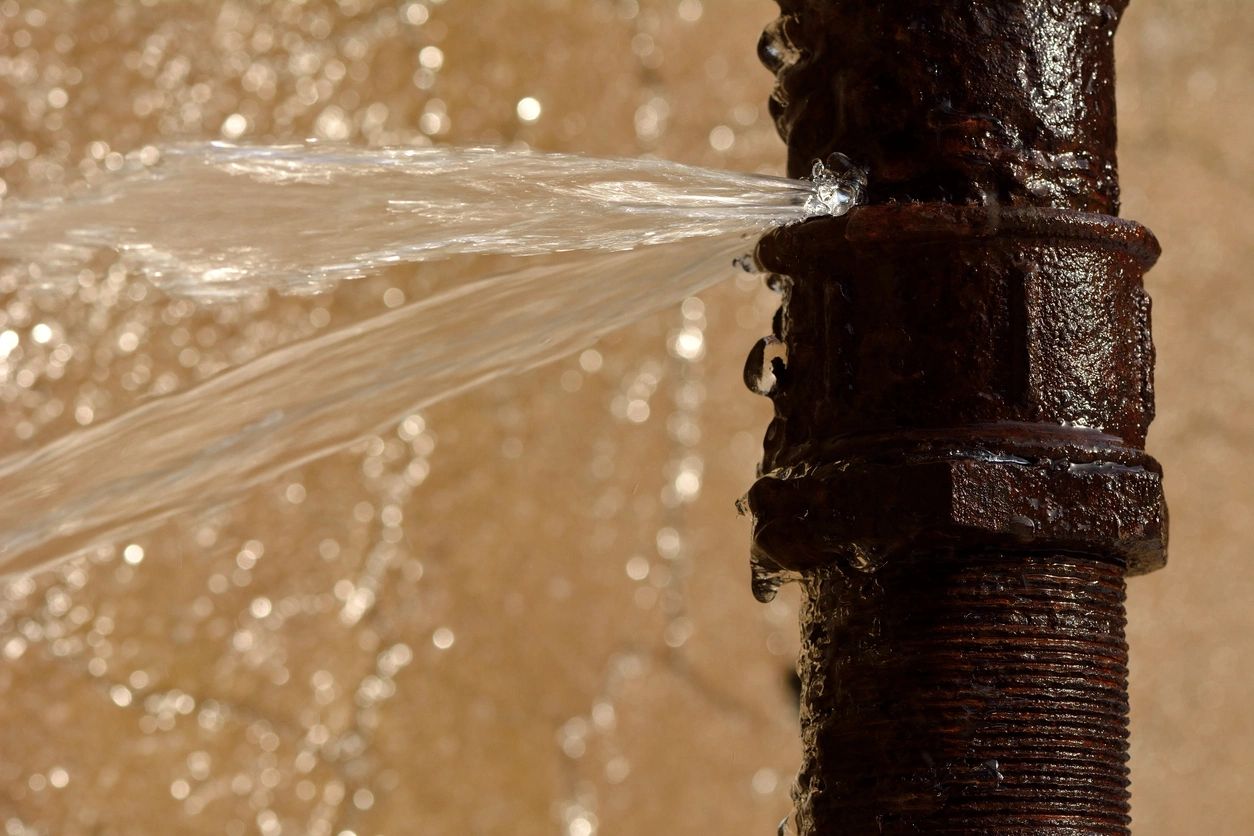
Detecting Water Leaks
Monitor Your Water Meter:
One of the first indicators of a water leak is a sudden increase in water usage. To check for leaks, monitor your water meter regularly. Take note of the readings and ensure that no water is being used during the observation period. If the meter reading changes despite no water usage, it could indicate a leak.
Check Your Water Bill:
A sudden spike in your water bill can be a red flag for an undetected leak. Compare your current bill with previous ones to identify any unusual increases. If you notice a significant change without a corresponding increase in water usage, there might be a leak in your plumbing system.
Inspect Water-Using Appliances:
Check for leaks around water-using appliances such as washing machines, dishwashers, and refrigerators with water dispensers. Inspect hoses, connections, and seals for any signs of moisture or water accumulation. Addressing leaks in these areas promptly can prevent further damage.
Examine Walls and Ceilings:
Water leaks often leave visible signs on walls and ceilings. Look for discoloration, stains, or peeling paint, as these could indicate a hidden leak. Mold or a musty odor may also accompany water leaks, especially in areas with poor ventilation.
Fixing Water Leaks
Addressing Faucet Leaks:
For faucet leaks, often a worn-out or damaged washer is the culprit. Replace the washer or, if needed, the entire faucet. This is a relatively simple and cost-effective fix that can save water and prevent further damage to the fixture.
Repairing Pipe Leaks:
Small pipe leaks can sometimes be fixed using epoxy putty or pipe repair clamps. However, for larger or more complex leaks, it's advisable to consult with a professional plumber. They can assess the extent of the damage and recommend appropriate repairs or replacements.
Sealing Leaky Toilets:
Leaky toilets are a common source of water wastage. Check for leaks by placing a few drops of food coloring in the toilet tank. If color appears in the bowl without flushing, there's a leak. Replace the faulty flapper or flush valve to resolve the issue.
Professional Inspection:
If you're unable to locate or fix a water leak, it's time to bring in a professional plumber. They have the expertise and tools to identify hidden leaks, assess the overall condition of your plumbing system, and recommend necessary repairs.
Preventive Measures
Regular Inspections:
Conduct regular inspections of your plumbing system, including faucets, pipes, and appliances. Early detection of potential issues can prevent leaks from escalating into more significant problems.
Insulate Pipes:
Insulate exposed pipes, especially in colder climates. This not only helps prevent freezing but also reduces the risk of leaks caused by temperature-related stress on the pipes.
Monitor Water Pressure:
Excessive water pressure can strain pipes and lead to leaks. Install a pressure regulator to maintain a consistent and safe water pressure throughout your plumbing system.
Upgrade Aging Plumbing:
If your home has older plumbing, consider upgrading to modern, more durable materials. This can reduce the likelihood of leaks and improve the overall efficiency of your plumbing system.
Recap
Detecting and fixing water leaks in your home is crucial for both water conservation and property preservation. Regular monitoring, prompt repairs, and preventive measures can collectively contribute to a more sustainable and efficient plumbing system. By adopting these practices, you not only safeguard your home from potential water damage but also play a role in preserving this vital resource for future generations.
Thank you for taking the time to read our blog post! We hope you found it insightful and engaging. Your support means the world to us. If you'd like to explore more content, feel free to head back to our main page for a variety of topics to dive into. Alternatively, you can select another post from the list below to continue your journey with us. Happy reading!
The Benefits of Hydro Jetting
The Benefits of Hydro Jetting for Drain Cleaning In the realm of plumbing maintenance, dealing with clogged drains is a…
Read MoreThe Environmental Impact of Plumbing: Tips for Eco-Friendly Plumbing
The Environmental Impact of Plumbing: Tips for Eco-Friendly Plumbing In today’s world, environmental sustainability is a top priority for many…
Read MoreHow to Choose the Right Water Heater for Your Home
How to Choose the Right Water Heater for Your Home Selecting the perfect water heater for your home is a…
Read MoreSigns Your Sewer Line Needs Repair
Signs Your Sewer Line Needs Repair Slow Draining Fixtures: A Telltale Sign Noticeably slow draining fixtures, such as sinks, showers,…
Read MoreUnderstanding Different Types of Pipe Materials
Understanding Different Types of Pipe Materials Welcome to our guide on the various types of pipe materials used in plumbing…
Read MoreDIY Solutions for Minor Plumbing Issues
DIY Solutions for Minor Plumbing Issues Welcome to our guide on tackling minor plumbing issues with DIY solutions. In this…
Read MoreThe Importance of Regular Drain Maintenance
Welcome to our exploration of the critical role regular drain maintenance plays in preserving the functionality and longevity of your plumbing system. In this article, we’ll delve into the significance of proactive drain care, highlighting the benefits it offers and providing practical tips for maintaining clear and efficient drains. Let’s dive in and discover why regular drain maintenance is essential for every homeowner.
Read More10 Common Causes of Clogged Drains and How to Prevent Them
10 Common Causes of Clogged Drains and How to Prevent Them Welcome to our comprehensive guide on preventing clogged drains,…
Read MoreDon’t Overlook Your Storm Drain’s Needs
While the sun shines and the weather stays dry, it’s easy to forget about the storm drain lurking in your…
Read More

